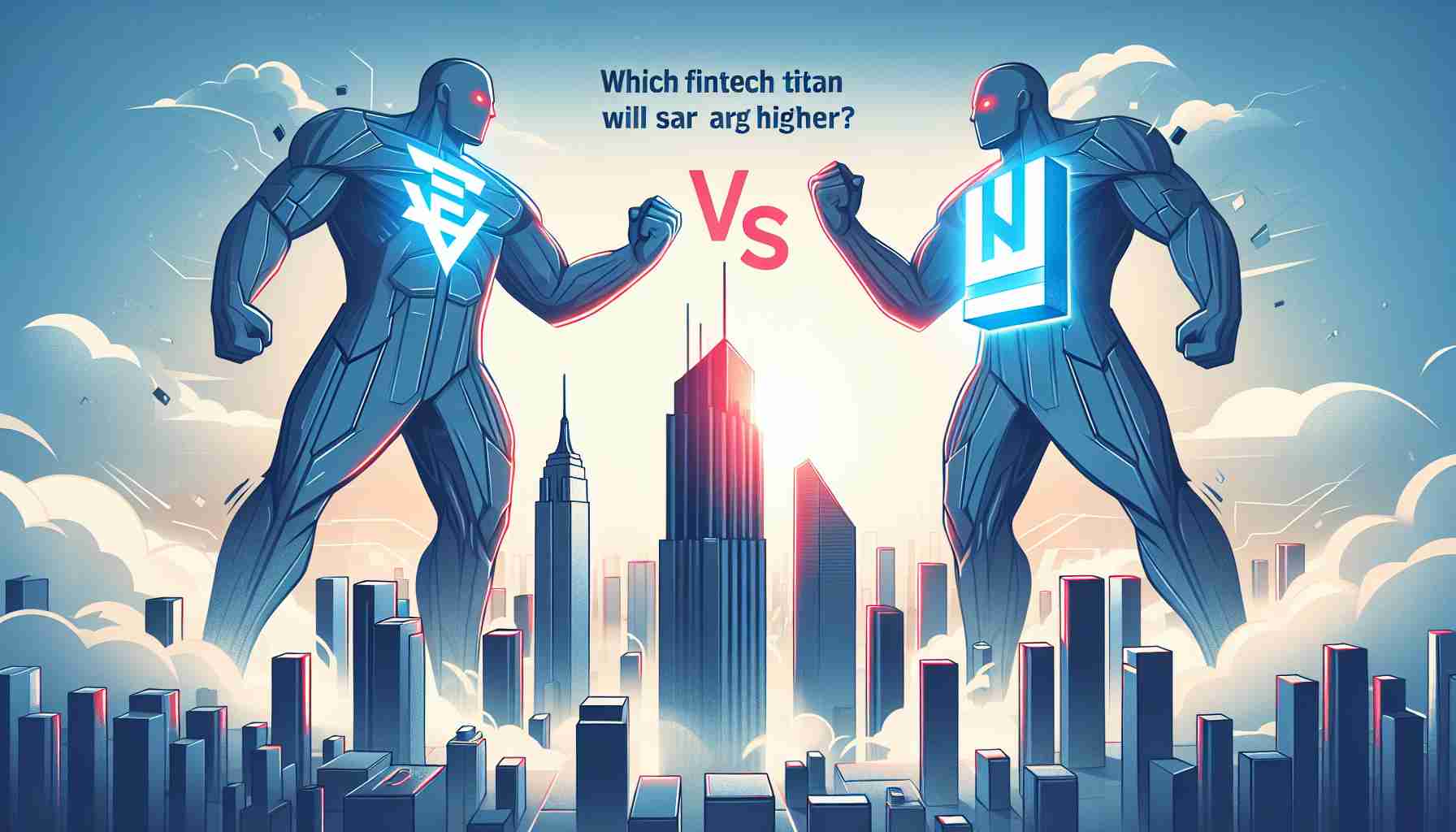A Clash of Fintech Titans The fintech sector is witnessing a thrilling showdown between two trailblazing companies: SoFi Technologies and Nu Holdings. Each has carved out a significant niche in the market, with SoFi thriving in the U.S. and Nu capturing the Latin American audience.SoFi Technologies presents a dynamic suite of financial services, catering to personal finance needs through its diverse offerings, including loans and investment options. Recently, the company’s membership surged to 9.4 million, showcasing a 35% increase year-over-year. SoFi’s financial performance is robust, with earnings turning a corner, showing a profit of $0.05 per share compared to a loss last year. The company is optimistic about a 22.5% rise in revenue for 2024, reinforcing its potential for long-term growth.In contrast, Nu Holdings boasts a massive customer base of 110 million across Brazil, Colombia, and Mexico, effectively positioning itself as a primary banking option for many. The firm reported an impressive 56% revenue growth in the recent quarter. Its profitability is notable, with a net income increase to $592 million. However, operating as a foreign entity brings some risk and a more modest valuation compared to SoFi.As investors weigh their options, SoFi’s strong U.S. growth prospects might present a slightly favorable choice for those looking to invest in the fintech landscape for 2025.Implications of the Fintech ShowdownThe current competition between SoFi Technologies and Nu Holdings highlights a transformative evolution within the financial technology sector, with profound ramifications for society and culture. As these fintech companies innovate, they are redefining traditional banking paradigms, making financial services more accessible to diverse populations. This shift fosters financial inclusion, particularly in regions like Latin America where Nu is making significant inroads, helping millions circumvent legacy banking obstacles.As these platforms grow, we must consider their environmental impacts. The energy consumption of digital financial services is notable, particularly as cloud computing and blockchain technologies expand. The fintech industry must prioritize sustainable practices to mitigate their carbon footprint, echoing broader global tendencies towards environmentally responsible business models.Looking towards the future, long-term trends suggest an increasing convergence of fintech services with technologies like artificial intelligence and blockchain, offering enhanced personalization and security in banking experiences. This could lead to a paradigm where financial literacy extends beyond traditional boundaries, empowering individuals to take control of their investments and savings.The ongoing rivalry between SoFi and Nu also signals a trend towards consolidation and partnership in fintech, as companies factor in strategic alliances to enhance their offerings. As these organizations adapt, they will play pivotal roles n

